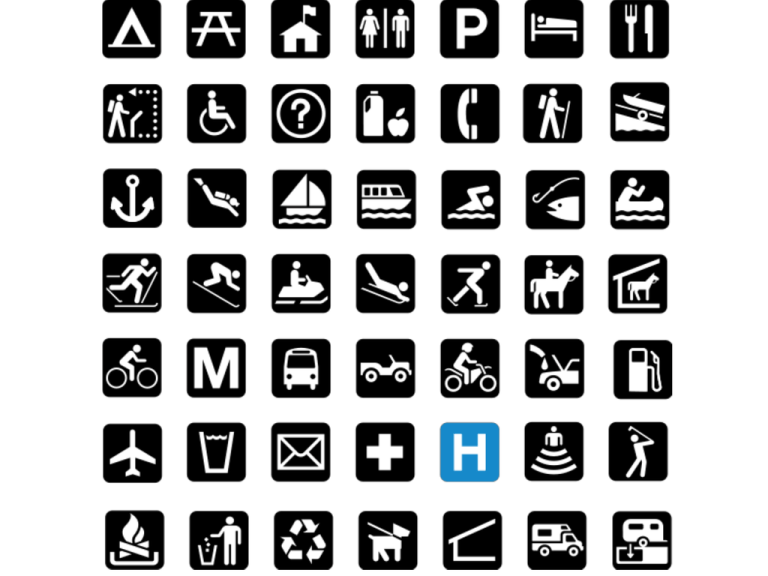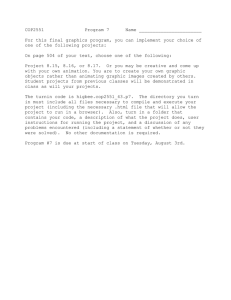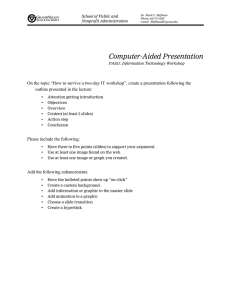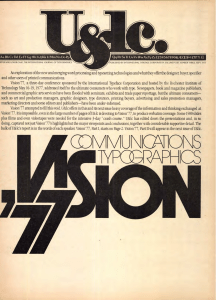Document 15515563
advertisement

Graphic Design The term graphic design can refer to a number of artistic and professional disciplines which focus on visual communication and presentation. Various methods are used to create and combine symbols, images and/or words to create a visual representation of ideas and messages. A graphic designer may use typography, visual arts and page layout techniques to produce the final result. Graphic design often refers to both the process (designing) by which the communication is created and the products (designs) which are generated. Common uses of graphic design include magazines, advertisements and product packaging. For example, a product package might include a logo or other artwork, organized text and pure design elements such as shapes and color which unify the piece. Composition is one of the most important features of graphic design especially when using pre-existing materials or diverse elements. History of Type -Movable type was invented by Johannes Gutenberg in Germany in the Early 15th century. Movable type revolutionized writing in the west. -Scribes previously manufactured books and documents by hand. - Printing with type allowed for mass production: letters could be cast in a mold And assembled into “forms.” After the pages were proofed, corrected, and printed, The letters were put away in gridded cases for reuse. - the Bible is one of the first productions in the west using movable type. Gridded cases metal type was kept in QuickTime™ and a decompressor are needed to see this picture. In metal type, the point size is the height of the type slug. • Typeface. The surface of a block of type that makes the impression. The impression made by this surface. The size or style of the letter or character on a block of type. The full range of type of the same design. • Font. A complete assortment of type of one style and size. • Appropriateness. Pick typefaces appropriate to the contents of the story, to the audience, and to the publication and its objectives. Typography is a major means that publications use to create their visual personalities. • Sans-serif. A typeface without serifs. B B • Serif. Small finishing stroke perpendicular to a letter’s main stroke. • Weight. Relative thickness or thinness of a typeface. Important for creating mood. Homework: -Print the following handouts - staple them into your notebook - you can find them on the homework website page -Find 5 examples of fonts you like (magazine or internet) - Find 5 Logos you like. -Bring them to next class.


